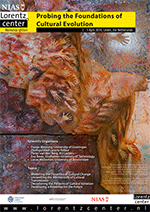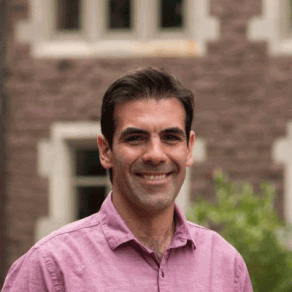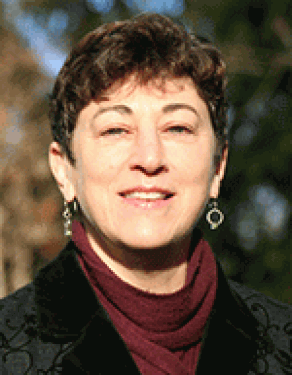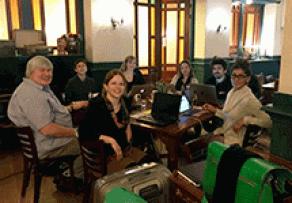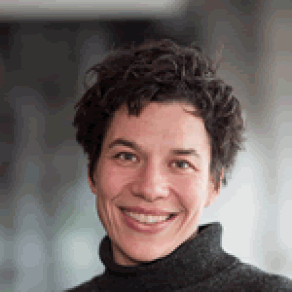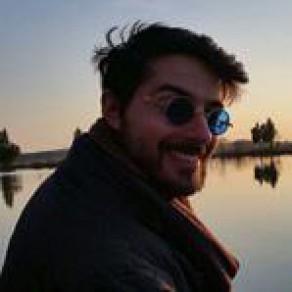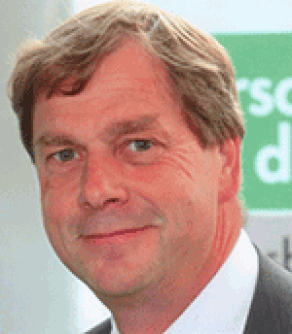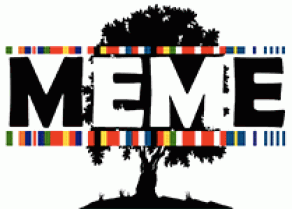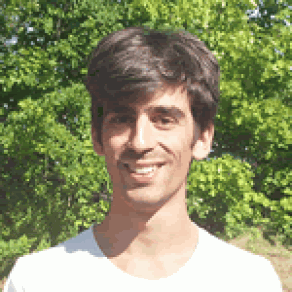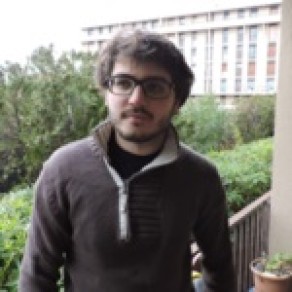Eco-evolutionary implications of climate change
Abstract: Environmental conditions play a major role in determining the survival and reproduction of individuals and the long-term persistence of populations. In this talk, I will go over the different approaches my team has taken to explore how animals cope with and adapt to variable and unpredictable conditions and to understand how these eco-evolutionary feedback loops are ultimately responsible for shaping biological communities.
Eco-devo insights to adaptive diversity
- Irene Adrian-Kachhauser, Basel (CH)
- Claudia Keller Valsecchi, Freiburg (GE)
- Lisa Shama, Wilhelmshaven (GE)
- Helen Spence-Jones, St. Andrews (UK)
- Sonia Sultan, Wesleyan (USA)
- Franjo Weissing, Groningen (NL)
When philosophy and biology meet – On the evolutionary individuality of biofilms
Abstract: In this talk, I explore how combining work from philosophy of science and biology can help understand complex evolutionary questions. As a case study, I explore recent discussions on the status of biofilms as evolutionary individuals. From a biological perspective, data on biofilms is abundant. However, high functional integration within the microbial communities that form biofilms makes it hard to decide whether such a community should be considered as an evolutionary individual, or as a ‘mere’ collection of individual cells. From a philosophical point of view, either interpretation is a theoretical possibility: the challenge lies in connecting these possibilities to actual biological studies on biofilms. By investigating the evolutionary concepts of heredity and selection, I argue that the interpretation of these concepts is key in how biologists draw conclusions from their data. The reverse is also the case: philosophers of science rely heavily on their interpretation of the biological literature when they elaborate their conceptual analyses and argue in favour of or against a particular interpretation of above evolutionary concepts. I conclude with some practical recommendations on how a combined philosophical and biological approach can complement either research effort, and lead to more fruitful discussions in both areas of investigation to boot.
Can plasticity create irreversible constraints?
Location: 5172.880 – Open to all interested
Programme
09:00 – 09:15 Introduction
09:15 – 10:00 Anne-Lise Gérard – Transmissible cancers from an evolutionary perspective
10:00 – 10:45 Yuanshu Pu – Climate-driven distribution shifts of marine organisms
10:45 – 11:00 Coffee break
11:00 – 11:45 Zimai Li – Homosexual behavior: an evolutionary perspective
11:45 – 12:30 Diego Londoño Correa – Adapted, adaptive, adapting? Evolutionary perspectives on human behavior
12:30 – 13:30 Lunch break
13:30 – 14:15 Catalina Garcia Escudero – The Evolutionary perspective of human nutrition
14:15 – 15:00 Yin Xun Tan – Shifting baseline syndrome in conservation
15:00 – 15:15 Tea break
15:15 – 16:00 Giorgio Boccarella – The evolution of modularity
16:00 – 16:45 Samyuktha Rajan – Visual systems and signals : A chicken and egg scenario

